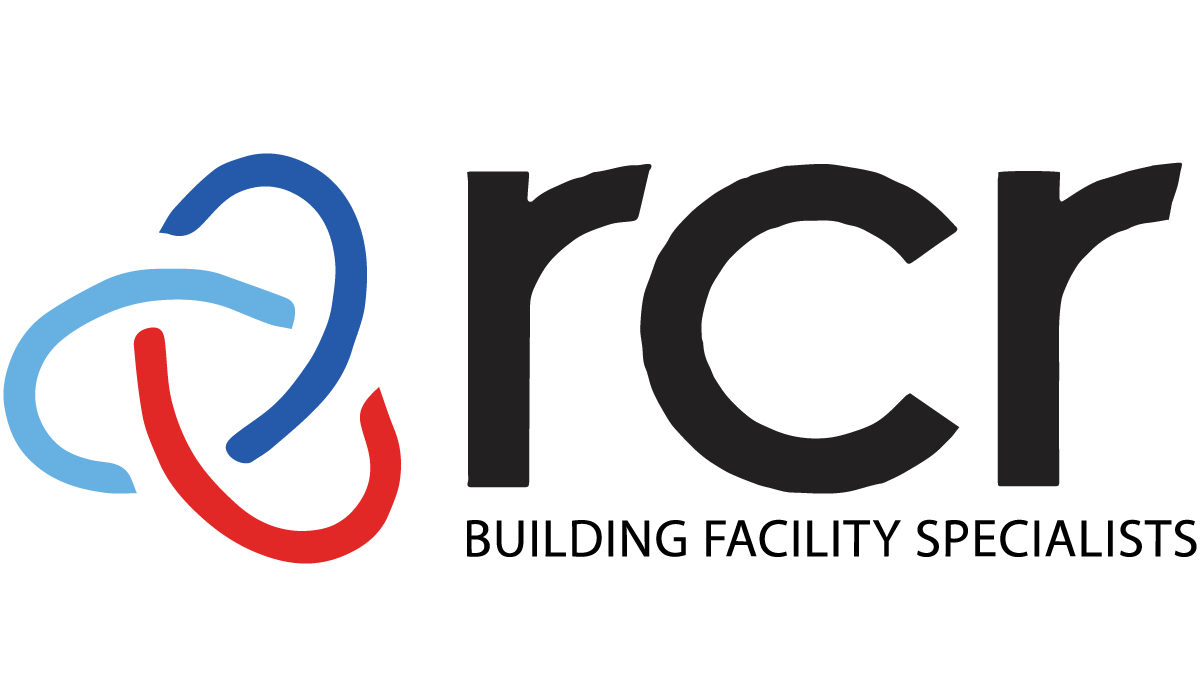What to consider when selecting an air conditioning service in New Zealand
During the hot and humid summers, it’s important to have a reliable air conditioning system to keep the temperature at a comfortable level. Whether you need a new system installed, a current system fixed, or just routine maintenance, it is very important to choose a reliable service provider. But because there are so many choices available, it may be difficult to determine where to begin. Because of this, we are here to lend a hand. In this blog, we’ll talk about what you should look for in a good air conditioning service provider.
The following are qualities of a reliable air conditioning service provider:
Experience and Expertise
Working with a service provider who has years of expertise in the field and a team of professionals who can manage any project, no matter how big or small, is what you should aim for when selecting a reliable company to collaborate with. A service provider who has been in business for a long time knows everything there is to know about air conditioning systems and can quickly and effectively figure out and fix any problems.
Quality Products
An excellent provider of air conditioning services will deliver high-quality systems and parts from recognised manufacturers. If you choose quality products, they will have a longer lifespan, use less energy, and require fewer repairs over their lifetime, which will save you money in the long term. Always make sure to enquire about the brands that they carry and do some background research on them to confirm that they are reputable and trustworthy.
Excellent Customer Service
When choosing a service provider, you can’t say enough about how important good customer service is. You want to collaborate with a provider who is quick to respond to your enquiries, makes it simple to interact with them, and is upfront about the prices they charge. Try to find a service provider who will be there for you from the moment you first make contact with them to the very end of the installation or repair process.
Proper Licensing and Certification
It is very important to choose a service provider who has the right licences and certifications. This makes sure that they have met the legal requirements to run a business and that they will follow the industry standards of excellence when installing or fixing your system. Before you decide to hire someone, you should make it a point to enquire about their qualifications and licence.
Comprehensive Services:
A trustworthy company that install and repairs air conditioners should offer more than just installation and repair. Look for a service provider who offers regular maintenance, emergency repair services, and inspections of the system. In addition, they should be able to give you advice on the type of system that would work best for your home or business, as well as tips on how you can reduce your energy use and costs.
FAQs:
Q: How can I tell if a company that services my air conditioner has the appropriate licencing and certification?
A: In most cases, this information is available on the provider’s website or can be obtained by inquiring about the provider’s licence and certification numbers. Don’t be afraid to ask!
Q: Can I install or repair my air conditioning system myself?
A: The short answer is yes, you can install and repair your own air conditioning system. Although the thought of trying to save money by doing it yourself may be appealing, we do not advocate that you do so. In order to successfully install or repair an air conditioning system, one needs specialised knowledge as well as the appropriate tools. It’s best for everyone if the job is given to experts who know what they’re doing so that mistakes and risks can be avoided.
Q: How often should I have my air conditioning system serviced?
A: It is advised that you have maintenance performed on your air conditioning system at least once per year, and the ideal time to do so is just before the beginning of the cooling season. Your system will remain in top shape and have a longer lifespan if you do routine maintenance on it on a consistent basis.
Conclusion
When looking for an air conditioning service provider, it’s important to look for a number of things, such as experience, expertise, quality products, great customer service, the right licences and certifications, and full services. Make sure you have as much information as possible before making a choice. You can do this by doing thorough research, asking for personal recommendations, and reading online customer feedback. If you choose the right service provider, you can have a house or business that is cool and comfortable all year round.

